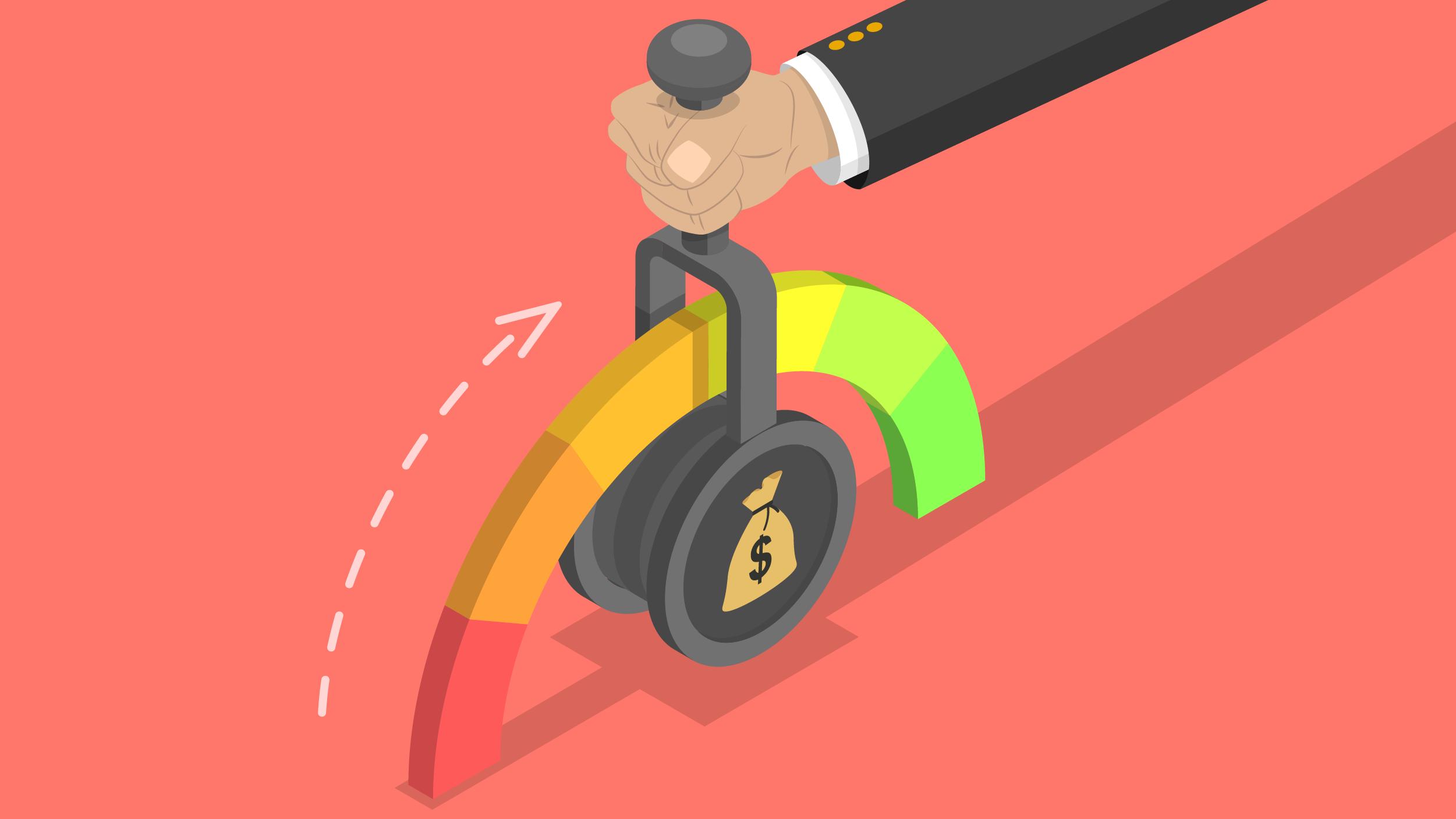Master the money score that can help to change your life

Your credit score tells prospective lenders how much of a risk you are, based on your past debt repayment behaviour.
Your credit score is a credit to the way you manage your debt. Here’s how to stay on top of it.
If you’ve ever taken out a loan, registered a bond, applied for a credit card, or signed up for a cellphone contract, you’ll most likely have a credit score.
Strange as it may seem, knowing how much credit you qualify for, and how you can improve your credit score, may also help you improve the quality of your life over the long term.
Your credit score tells prospective lenders how much of a risk you are, based on your past debt repayment behaviour. It looks at your transactional records and gives you a score, ranking you as low, medium, or high risk.
The better your credit score, the better the loans and interest rates you can access. Your score will vary depending on which credit union you use, but the following bands will act as a guide:
- 300 to 609 = Poor
- 610 to 649 = Fair
- 650 to 699 = Good
- 700 to 749 = Very good
- 750 to 850 = Excellent
According to MortgageMarket, the minimum credit score for a home loan in South Africa is around 640. A score of more than 600 will give you a fair chance of home loan approval, although this may vary according to which bank you use.
If you have a good credit score, lenders will usually give you loans at the prime lending rate. This is the fixed interest rate used by banks, so it won’t change unless the repo rate changes.
Customers with very good and excellent credit scores may get prime -1% or -2%, while customers with poor credit may get up to prime +3%.
It’s easy to see why a strong credit score could potentially save you hundreds of thousands of rands if you’re buying a new home, as it enables you to negotiate a lower interest rate.
For instance, on a R1,5 million home loan, paid off over 20 years, an individual with a prime +2% interest rate would pay an estimated R677 351 more than someone who secured a prime -1% interest rate. Now that’s a good incentive to improve your credit score!
Financing your car is similar. If you bought a car for R200 000 and paid it off over five years, your total repayment would be R237 627 at prime -1%, and R259 415 at prime +3%.
Every loan is negotiated on its individual merits, and your credit score is not the only criterion that will affect your loan.
Your interest rate will also be affected by such factors as the size of the home loan, the size of the deposit, the area where the property is situated in, and the profession of the borrower.
So, how can you improve your credit score? In a nutshell, by always paying your debts on time. Try to pay more than the minimum amount owing, and avoid taking on further debt.
It’s equally important to develop good budgeting habits. Renegotiate your premiums whenever you can, especially on depreciating assets such as a car. This will go a long way towards reducing the overall debt your pay every month.
You can find out your credit score easily on various platforms, such as Sanlam’s free online credit dashboard. This will show you your credit score and guide you on how to improve it, via credit coaching.




